Monday
Extremism on campus
Grant Shapps, Tory Party Chairman, has criticised Vince Cable for trying to water down proposals to ban extremist speakers from university campuses, as the coalition partners hit deadlock over planned guidance for universities. Rules are being drawn up by Downing Street demanding that universities ban all “extremist” speakers following passage of a law imposing a statutory requirement on educational institutions and other public bodies to prevent terrorism. Government row over ban on extremist speakers on university campuses (The Guardian).
Tuesday
Satellite Campuses
Theresa May, believes satellite campuses set up in London by universities in other parts of the UK have become a loophole used by people wanting to work in Britain rather than institutions offering rigorous academic courses to highly qualified students. New rules are now being introduced to require the satellite campuses to be fully integrated with the home university by offering the same courses, teaching standards and exams. Institutions that fail to comply will have their licences revoked. Satellite university campuses in London are being exploited (The Times).
Election Hustings
The Times Higher Education ran a Higher Education Hustings with Greg Clark (Conservative Minister for universities and science), Liam Byrne (Labour shadow HE and science secretary) and Julian Huppert (Lib Dem science spokesperson). THE has published a write up of the debate here.
Wednesday
New Private Provider
A new private university is planned to open in 2017 in Hereford. The New Model Institute for Technology & Engineering (NMITE) will focus on manufacturing, defence engineering and agri-tech and will cater for up to 5,000 students. Hereford NMITE university ‘will create 500 jobs’ (BBC News).
Thursday
Part-time Students
Government proposals on accelerated and flexible degrees in response to the collapse in part-time study are set to be put forward in the coming weeks, Greg Clark suggested at the HE Hustings. Flexible study emerges as cross-party concern (THE).
PhDs
Growth in the number of PhDs awarded in some academic disciplines has far outstripped that in others, evidence submitted to the REF shows. The percentage increase in doctoral degrees awarded in the social sciences during the REF period was 35 per cent, compared with just 18 per cent in medical and life sciences, for example. Social sciences ups the PhD pace (THE).
Income of Higher Education Providers
HESA’s new publication ‘HE Finance Plus 2013/14’ outlines higher education institutions income and expenditure. The report can be viewed here.
Friday
Science Education
Science is being squeezed out of primary schools, with many now teaching the subject for less than two hours a week, business leaders have warned. Science ‘squeezed out of primary schools’ (BBC News).





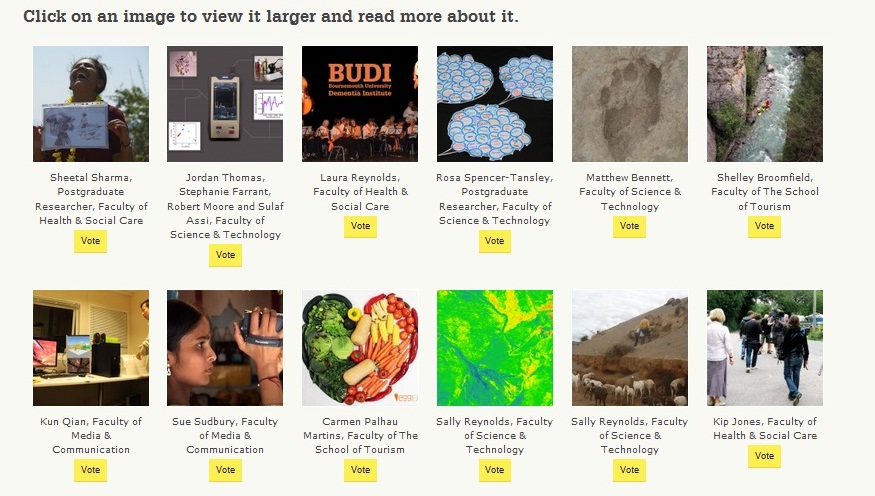

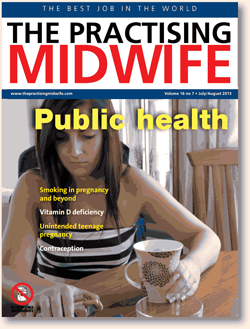



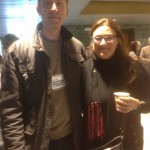
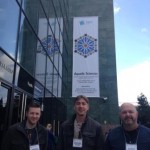
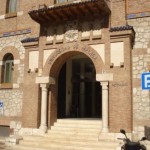












 Free event on Solutions to Inequalities in Dementia Diagnosis and Care
Free event on Solutions to Inequalities in Dementia Diagnosis and Care BU attendance at third annual GCPHR meeting in June
BU attendance at third annual GCPHR meeting in June Interactive Tangible and Intangible Heritage Applications – BU student work featured in new book chapter
Interactive Tangible and Intangible Heritage Applications – BU student work featured in new book chapter Second NIHR MIHERC meeting in Bournemouth this week
Second NIHR MIHERC meeting in Bournemouth this week MSCA Postdoctoral Fellowships 2025 Call
MSCA Postdoctoral Fellowships 2025 Call ERC Advanced Grant 2025 Webinar
ERC Advanced Grant 2025 Webinar Horizon Europe Work Programme 2025 Published
Horizon Europe Work Programme 2025 Published Horizon Europe 2025 Work Programme pre-Published
Horizon Europe 2025 Work Programme pre-Published Update on UKRO services
Update on UKRO services European research project exploring use of ‘virtual twins’ to better manage metabolic associated fatty liver disease
European research project exploring use of ‘virtual twins’ to better manage metabolic associated fatty liver disease